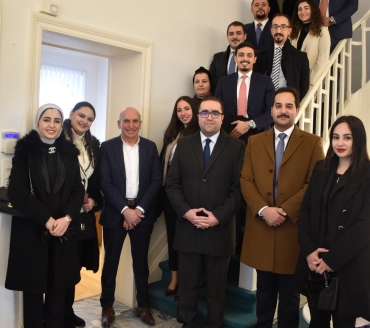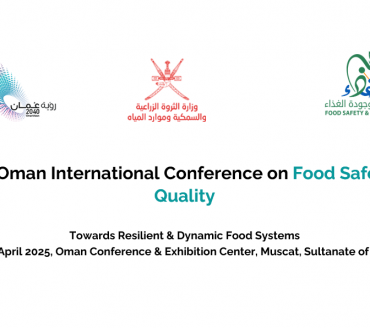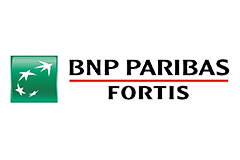COVID-19 has shown that very few governments – regardless of their degree of development – were adequately equipped and ready to prevent or manage such a brutal external shock. While deconfinement plans are being considered, questions gravitate around the problem of reviving the economy. In this context, the member states of the EU have managed, despite initial disaccords, to agree on gradual exit measures and an economic recovery strategy coordinated at European level.
Coronavirus Response Investment Initiative (CRII)
While the CRII, launched on 1 April, already freed 37 billion to tackle the consequences of the crisis and widens the scope of the Solidarity Fund to major health crises, the member states should benefit from financial support up to EUR 800 million throughout 2020. The European Central Bank (ECB), alone, will release by the end of the year 750 billion for the massive acquisition of government and corporate debt. In addition, it has already launched a series of initiatives adding flexibility in the selection criteria for various financial support programmes and helping banks keep on lending to struggling households, SMEs and other organizations.
Safety nets: 540 billion for workers, companies and member states
After more than sixteen hours of negotiation, the Eurozone Ministers of Finance (EuroGroup) eventually succeeded, on 16 April, in drawing up a list of proposals regarding measures of European economic support to combat the COVID-19 crisis. The set amounting to EUR 540 billion consisted of three safety nets for workers, companies and states; and layed the foundations for a fund guaranteeing solidarity and boosting the economy of the most affected member states. Concretely, 240B were devoted to health expenditure, 100B for the financing of partial unemployment measures, and up to 200B were to be released by a fund of the European Investment Bank (EIB) for business investment. The package, as well as the idea of a recovery fund, were endorsed by the EC President Charles Michel after a videoconference with the EU leaders on 23 April: it should be operational on 1 June. The authorities stressed the importance, in the post-COVID-19 transition, of a fully operational single market, more flexibility in the EU rules and budgets, unprecedented investment endeavours and intensified action at the international level.
Towards a partial relocation?
The EC also reaffirmed the importance of increasing the strategic autonomy of the Union essential goods in Europe. Referring to a certain consciousness, the European Commissioner for Justice and Consumers Didier Reynders believes that the health and economic crisis of 2020 is likely to cause the partial return of certain industries to Europe. However, these new views on the strategic interests of Europe are not incompatible with the industrial strategy announced on the eve of the crisis. On the contrary, the strategy already referred to a greener and more digital Europe, and recommended a reaction in light of the changing balance of power with major EU partners. In this sense, the Commissioner in charge of the Internal Market, Digital and Defence Thierry Breton recalls that "in History, major crises have very often been trend accelerators ".
Pledge Marathon
More recently, a virtual summit co-convened by the EU and key partners (including G20-presiding Saudi Arabia) was addressed by numerous nation leaders (including Jordan). This event took the form of a pledging marathon and gathered nearly 7,5B euros of funding. The aim behind is to ensure and speed up the collaborative development and fully universal deployment of diagnostics, treatments, and vaccines. In this framework, the Commission alone committed 1,4 billion euros (€1B in grants and €400 million in guarantees on loans) in order to reach the objectives of the initiative and ensure the distribution of health technologies worldwide, including in the MENA region.
While it is still early to define a clear forecast, the flourishment of partnerships and trade agreements between the EU and its South-Mediterranean neighbours is not excluded, notably within the framework of the EU Neighbours South Programme. In this sense, the EU very recently released 2.1 billion for bilateral and regional support, including 1.5 billion for the support of socio-economic recovery in Algeria, Egypt, Jordan, Lebanon, Libya, Morocco, Palestine and Tunisia.
ABLCC - 04 MAY 2020 - BRUSSELS
Sources :
EUROPEAN COUNSIL [
1 -
2 -
3]
EUROPEAN COMMISSION [
1 -
2 -
3 -
4]
EU NEIGHBOURS [
1 -
2]
LE SOIR [
1 -
2]
THE GUARDIAN [
1]

















